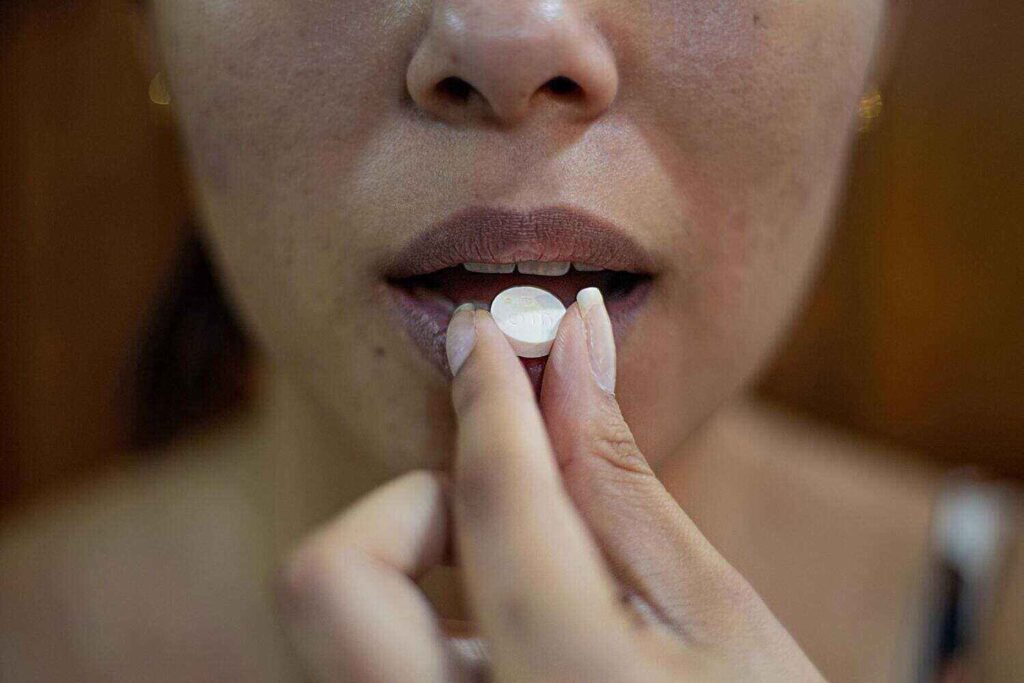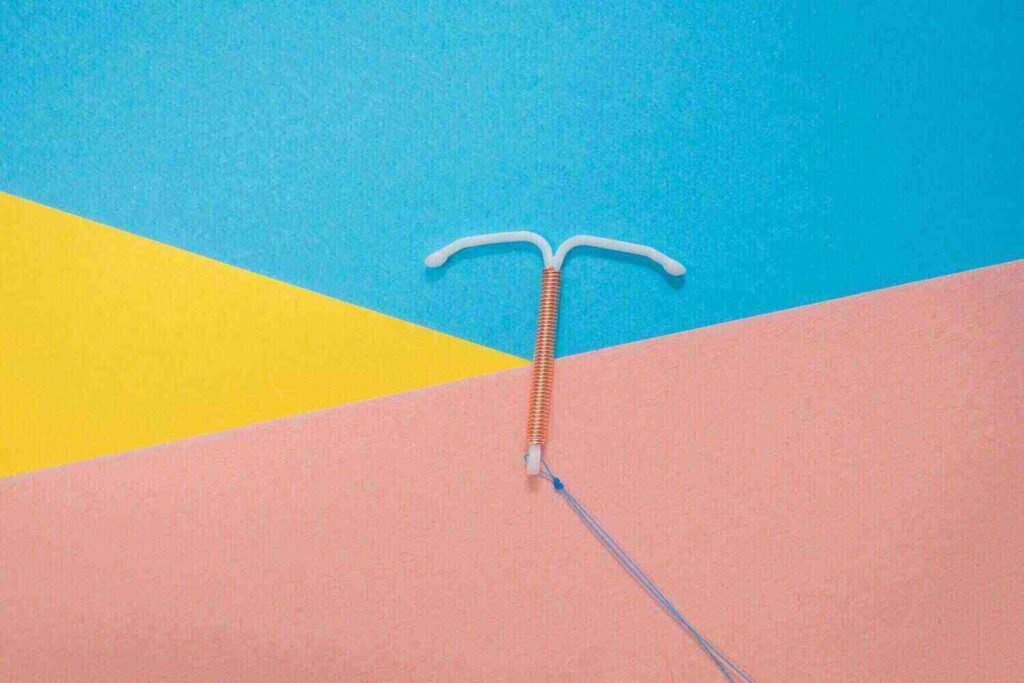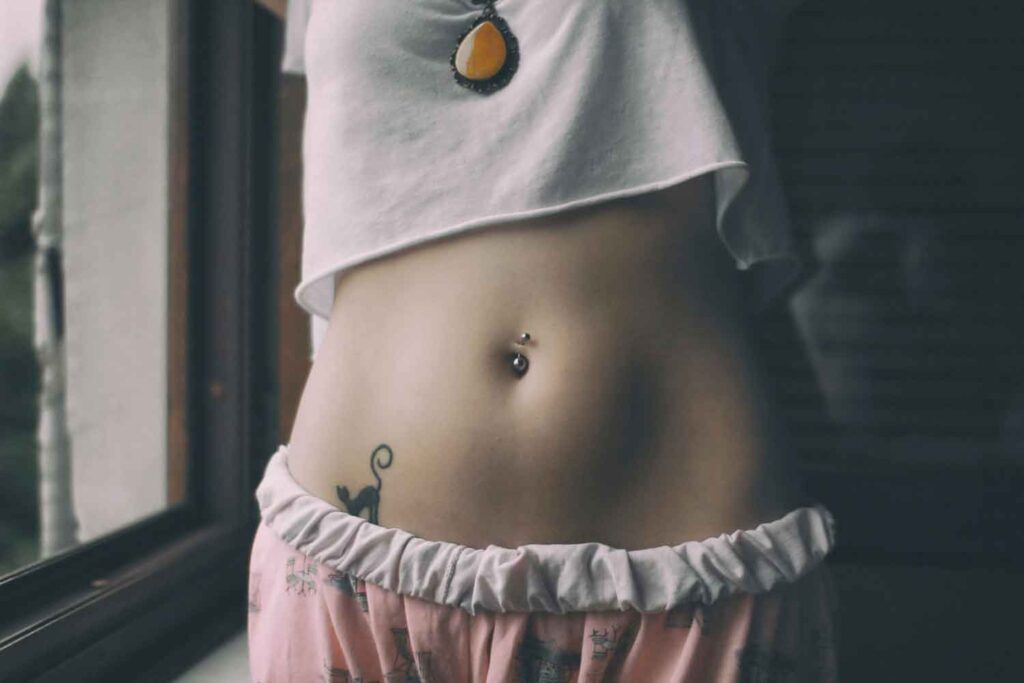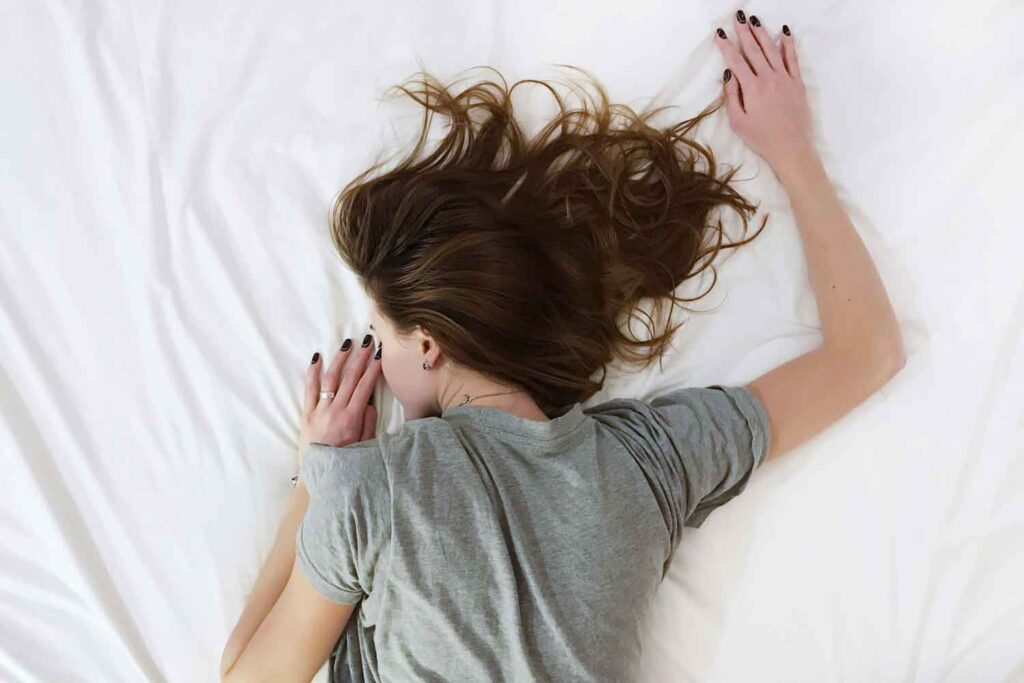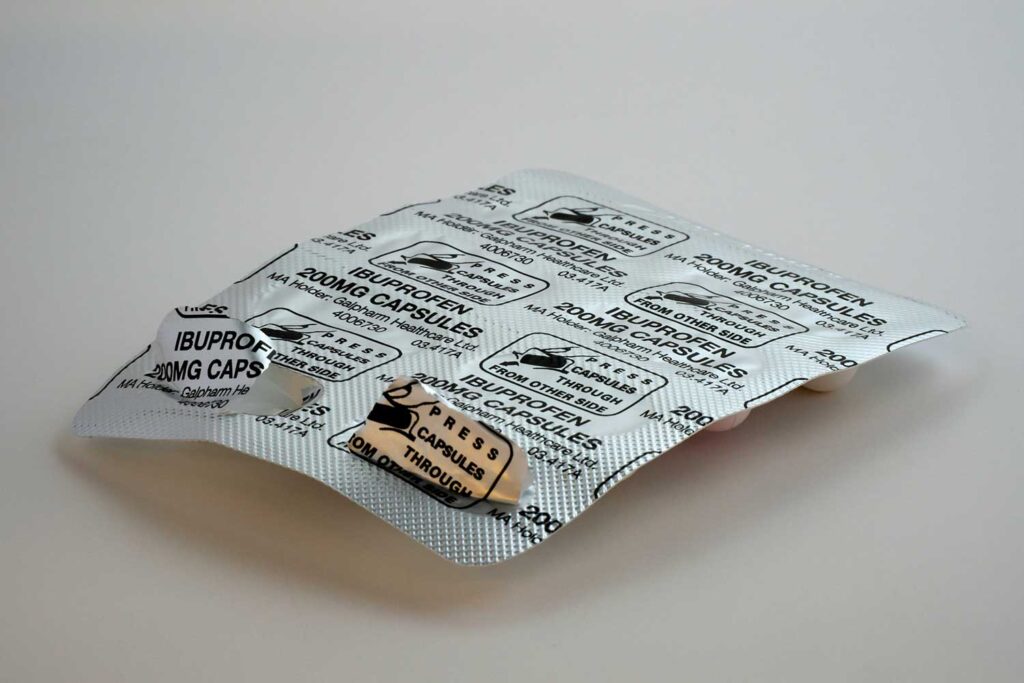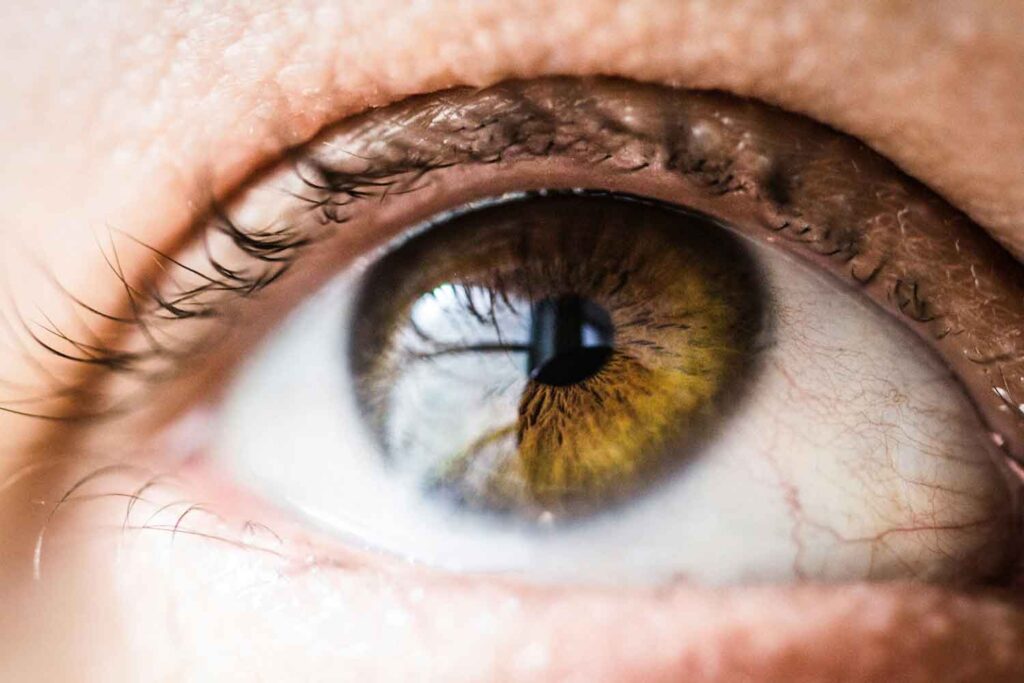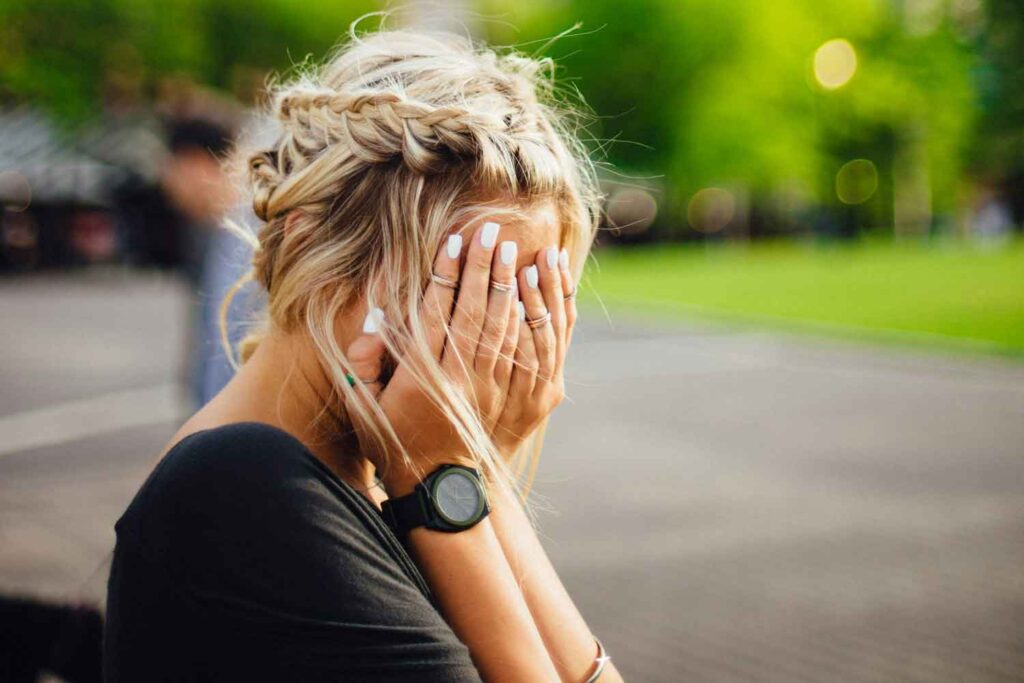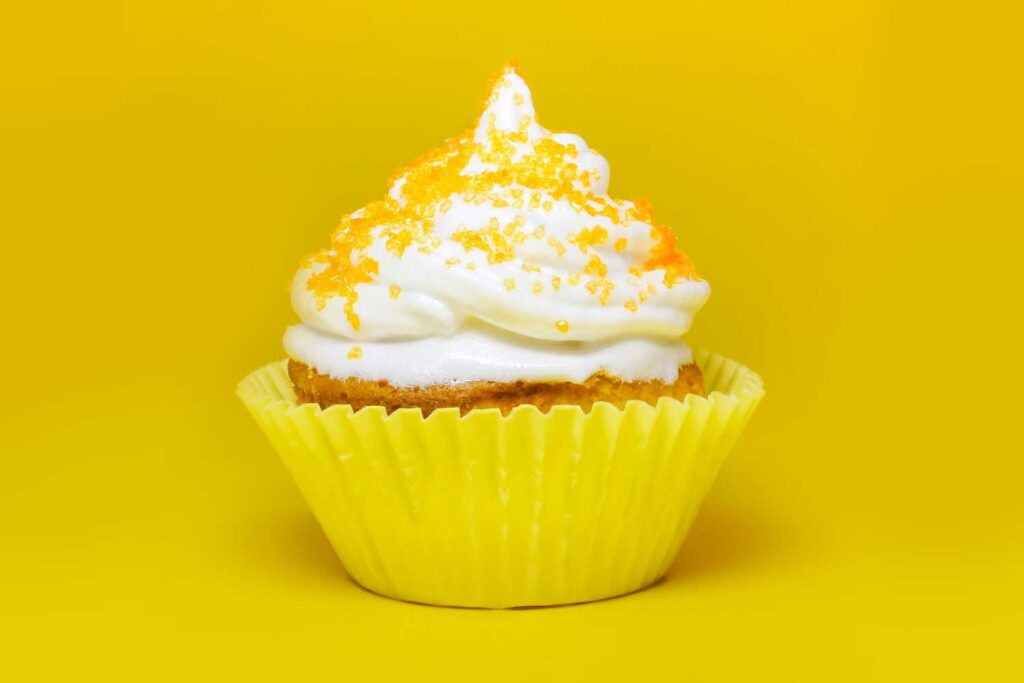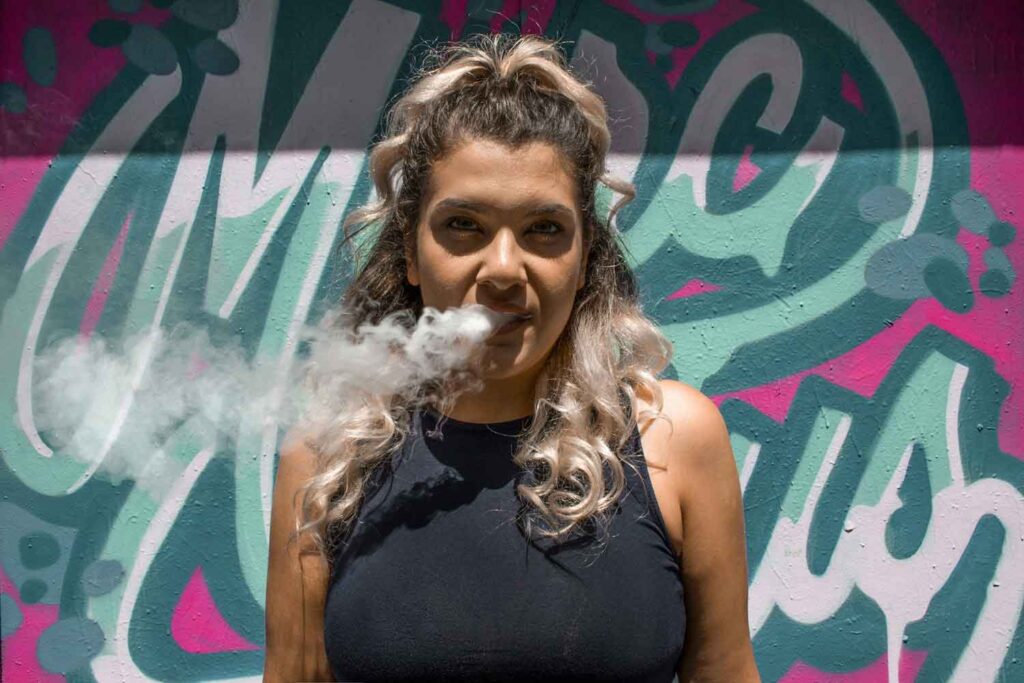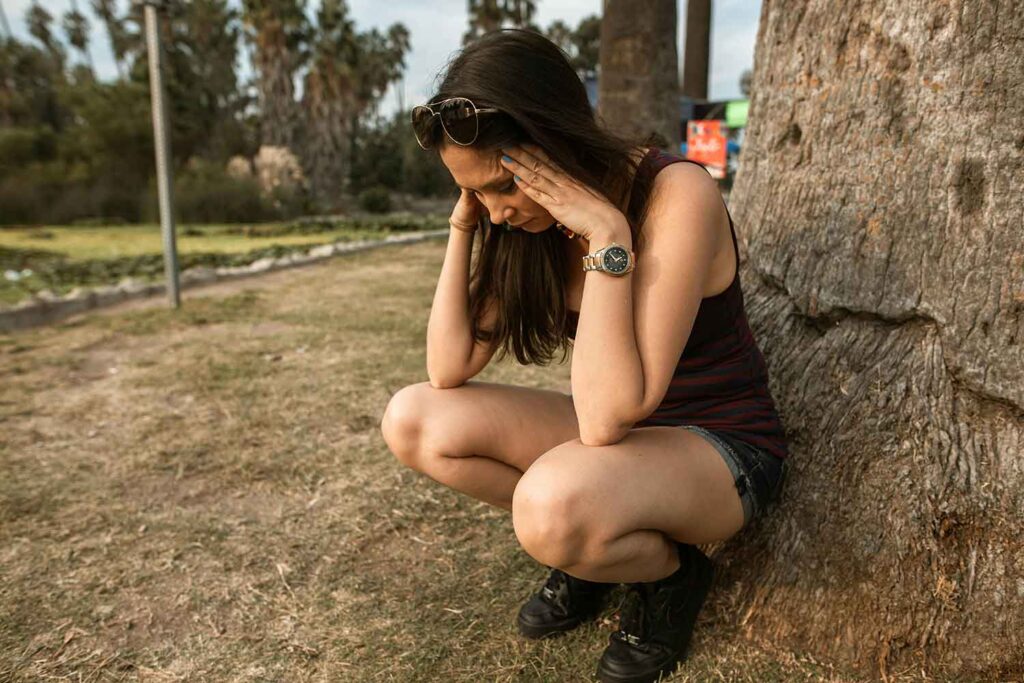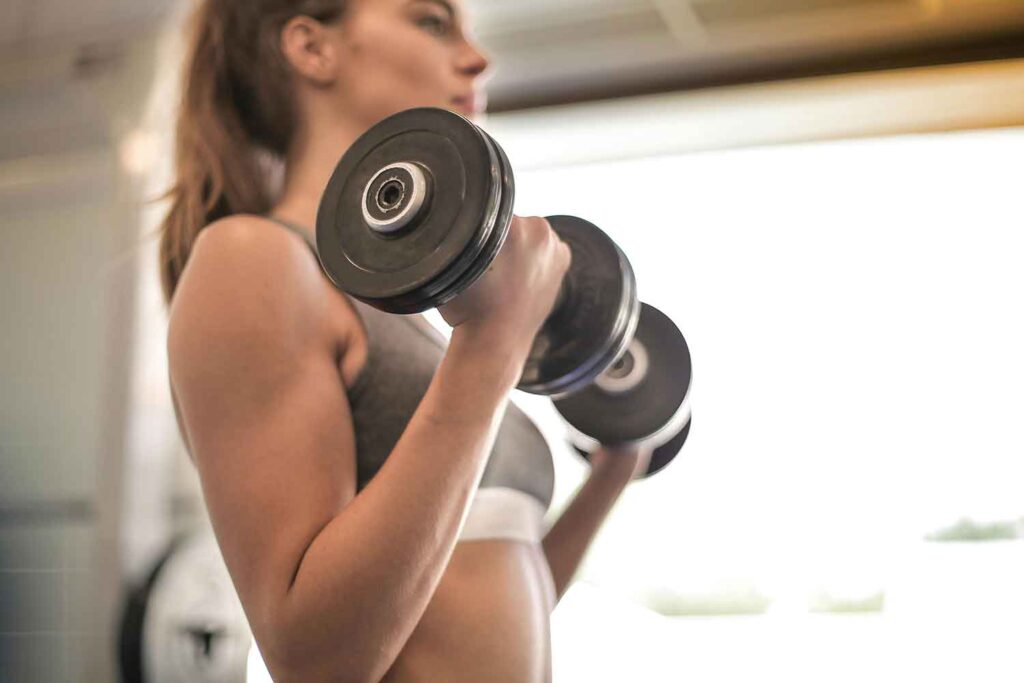Can You Microdose Weed?
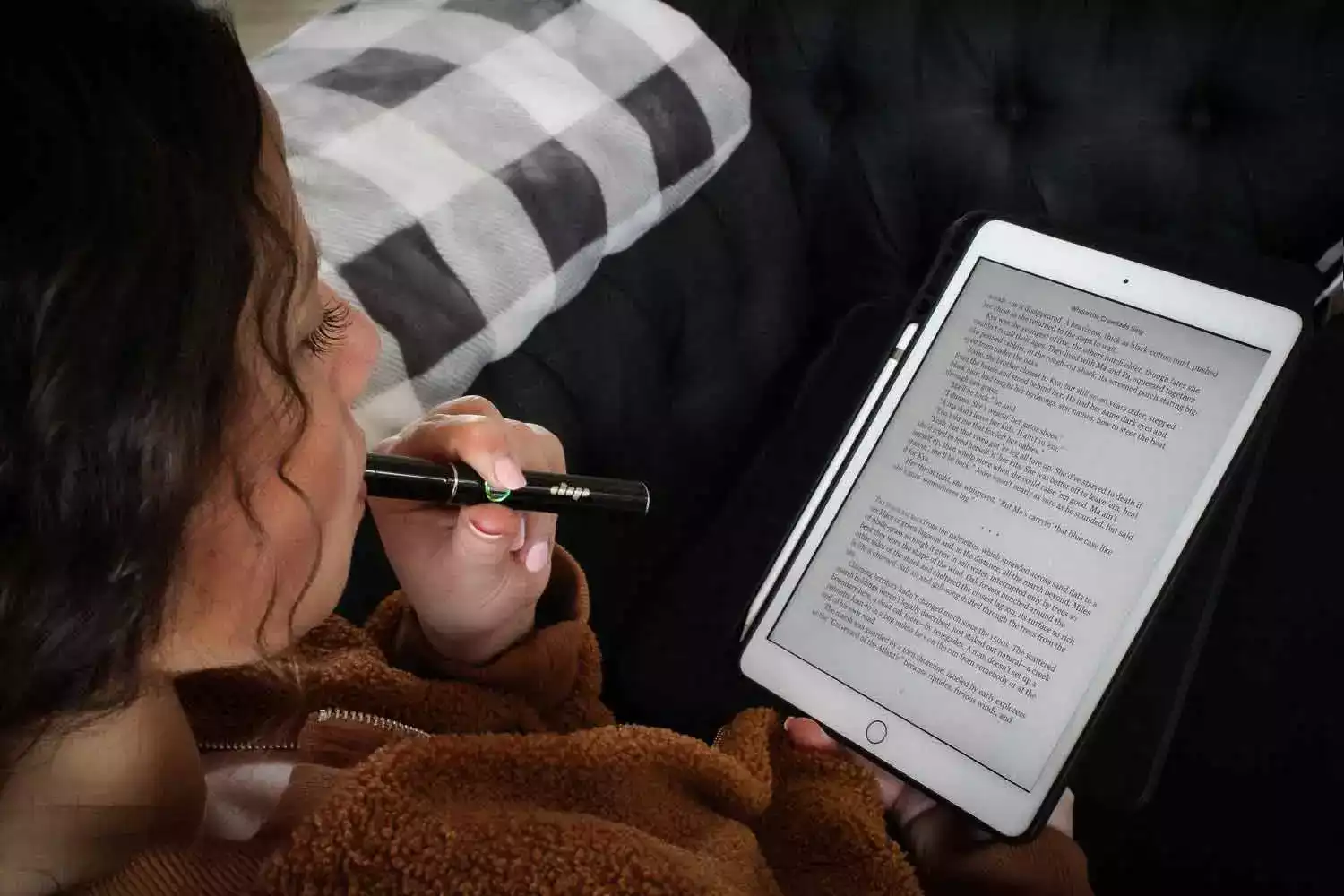
When you think of microdosing, you probably think of shrooms or other psychedelics. However, people claim that you can microdose tons of other substances, including weed. But does it work? Will you feel the effects? Can you really microdose weed? Here’s what we know.
Photo: Unsplash
What is Microdosing Weed?
Micro dosing is a method of using a substance at the lowest possible dose to feel the therapeutic effects.
However, the aim is not usually to get high.
We’ll get into the benefits later but people may use a tiny amount of weed to quell anxiety or fall asleep and don’t necessarily want to be stoned.
You may be wondering just how small is a microdose.
Unfortunately, that number differs from stoner to stoner. Remember, weed affects everyone differently.
But we’ll get into the details of dosing later, let’s look at some of the benefits.
Benefits of Microdosing Weed
There are a ton of benefits to microdosing weed. Let’s explore some of them.
Microdosing weed may:
- Be beginner friendly
- Make you more productive
- Treat certain conditions
- Reduce negative side effects
- Help with lowering your tolerance
Beginner Friendly
One benefit of microdosing weed is that it is beginner friendly.
Whether you’re a young adult trying weed for the first time or a senior citizen curious about medical marijuana, a microdose of cannabis can be a less overwhelming experience.
Increase Productivity
According to Healthline, “People who microdose cannabis claim to be more productive and focused during the workday.”
Weed may help some people focus or be more productive by alleviating certain health conditions such as chronic back pain or mental conditions like anxiety.
If you’re looking to get productive or focus more, stoners swear by Sativa strains.
Just make sure you start with a small amount of THC so you don’t end up couch-locked.
Treat Health Conditions
People microdose weed to treat several health conditions.
As a matter of fact, Forbes says, “When it comes to cannabis, tiny doses of THC can be used to help reduce pain, promote sleep, improve mood, increase creativity, and treat depression, stress, and anxiety.
But is there any scientific research that proves these claims?
Yes, there are a few.
A 2017 study concluded, “Our findings suggest that a low dose of THC produces subjective stress-relieving effects in line with those commonly reported among cannabis users.”
In another study, cancer patients who were given the lowest dose of medication with THC and CBD had the most pain relief.
In addition, some parents give their children microdoses of weed to treat Attention-Deficit / Hyperactivity Disorder (ADHD).
However, we don’t recommend giving children weed, please speak to your pediatrician about any concerns you may have about your child’s ailment.
Microdosing Weed For Anxiety and Depression
People have been microdosing weed for both anxiety and depression.
Charlotte Palermino, a writer, told Cosmopolitan Magazine that she micro-dosed weed for a week. Palermino already used weed for her anxiety (and insomnia). However, she wanted to investigate whether or not microdosing weed could help.
They found that they were less anxious.
They said, “microdosing helped me gain some perspective and drop the anxious energy which was burning me out.”
In addition to a reduction in anxiety, they also said they were able to get sleep and get pain relief.
Palmermino is not the only one who felt less anxious after microdosing. Tons of stoners on Reddit echoed the same sentiments.
One stoner said, “I normally get paranoid but microdosing [quiets] my thoughts and anxiety.”
Stoners also found microdosing to be helpful with their depression.
One commenter on Reddit said microdosing, “…..helps to quieten my anxiety and depression.”
Another one said, “I vape low dose just enough to feel good and normally never get too high or paranoid. This helps with depression and anxiety.”
Reduce Negative Side Effects
High levels of THC can cause negative side effects in some people.
Too much THC can cause:
- Anxiety
- Paranoia
- Nausea
- Vomiting
- Increased heart rate
Not everyone who uses high doses of THC will experience these effects. However, if you’re somebody who does, microdosing weed may be better for you.
Lower Your Weed Tolerance
If you notice that you constantly need a higher and higher dose of THC to get high, maybe it’s time for a weed tolerance break.
A weed tolerance break usually means cutting off weed completely. However, if you don’t want to quit weed cold turkey, you can lower your weed tolerance by microdosing.
You can start by gradually using less and less weed until you’re using a small amount. You should notice your tolerance lowering.
Best Way to Microdose Weed
If you’re wondering if microdosing weed is right for you, you may try it out for yourself.
Before you experiment with microdosing have an idea of your obligations for the day. If you’re going to have a hectic day and you’re going to use weed for the first time, we recommend waiting on a lazy day.
However, if you’re more experienced and want to use a microdose of weed to wake and bake, go ahead. Some experienced stoners even microdose at work. As long as you know you’ll be able to tackle the day without impairment you should be fine.
In addition to that, the time you choose to microdose may depend on the effects you want to achieve.
If you’re micodosing for insomnia, nighttime is the most optimal time for you. However, if you’re microdosing for productivity, daytime may suit you much better.
Besides picking an optimal time to microdose, we have two main tips for microdosing weed. Start with a small amount slowly and use the weed products that work for you.
Here’s what we mean.
Go Low and Slow
The golden rule of microdosing weed is to go low and slow.
That means taking a tiny amount of weed at a time.
This is especially important for beginners.
If you’re a heavy user, you can still try microdosing, however, your starting dose is going to be different from a total beginner.
To decide what your sweet spot is when it comes to microdosing you have to consider your history with weed and the products you’re going to use.
For example, if you’re a total beginner, you can start from scratch with 1mg and see if you get any effects.
Alternatively, Forbes says, “The typical microdose is between two and five milligrams of THC but can go up to 10 milligrams for those with a naturally higher tolerance.”
If you’re a more experienced user, as Forbes highlighted, you can opt for a higher dose.
When we say go low and slow, we mean it. If your initial dose doesn’t give you the therapeutic effects you want, increase your dose slowly.
Forbes says, “Take the same amount of milligrams daily for two to three days while you observe how you feel. If there are no noticeable effects, increase the dosage by one milligram and wait another two to three days to assess the effects.”
Make sure you make a note of the dose you took and what you’re feeling so you find the optimal dose for microdosing.
Consider Various Weed Products
Some weed products are easier to use for microdosing than others.
Forbes said, “Edibles, tinctures and controlled-dose vape pens are the easiest way to measure the amount of THC consumed, as it is difficult to gauge dosage while smoking.”
So chances are you won’t find many people using a bong or a blunt to microdose but it’s not impossible.
Palmermino even said she used tinctures and edibles for her week of microdosing.
Just make sure you get your edibles and tinctures from trusted sources if you’re going to be buying them.
Otherwise, have fun making your edibles and tinctures.
Takeaway
Can you microdose weed? Yes, you can and there are many benefits to doing so. Just make sure you start out low and slow and pay attention to the amount of THC in your weed product.

